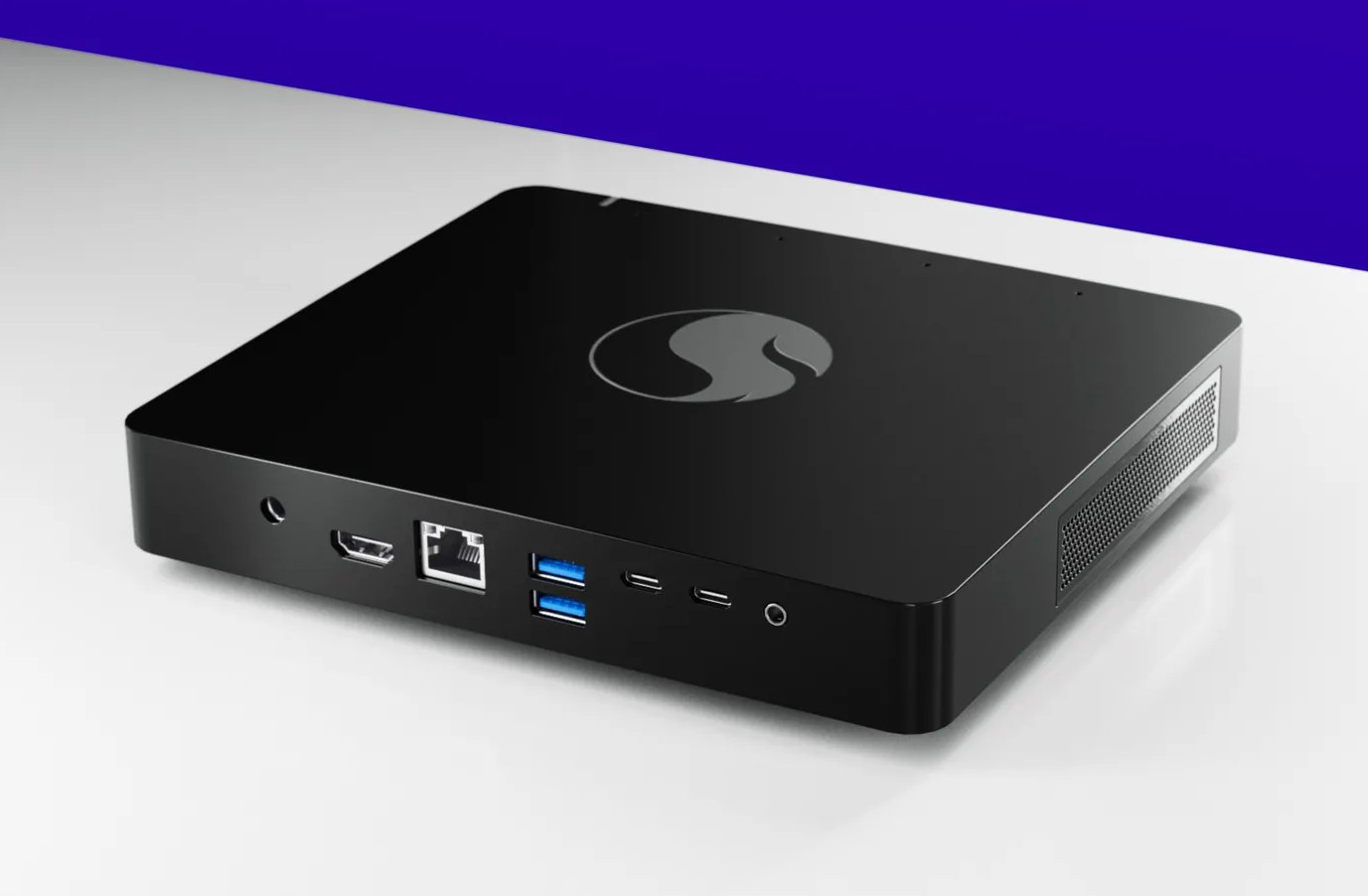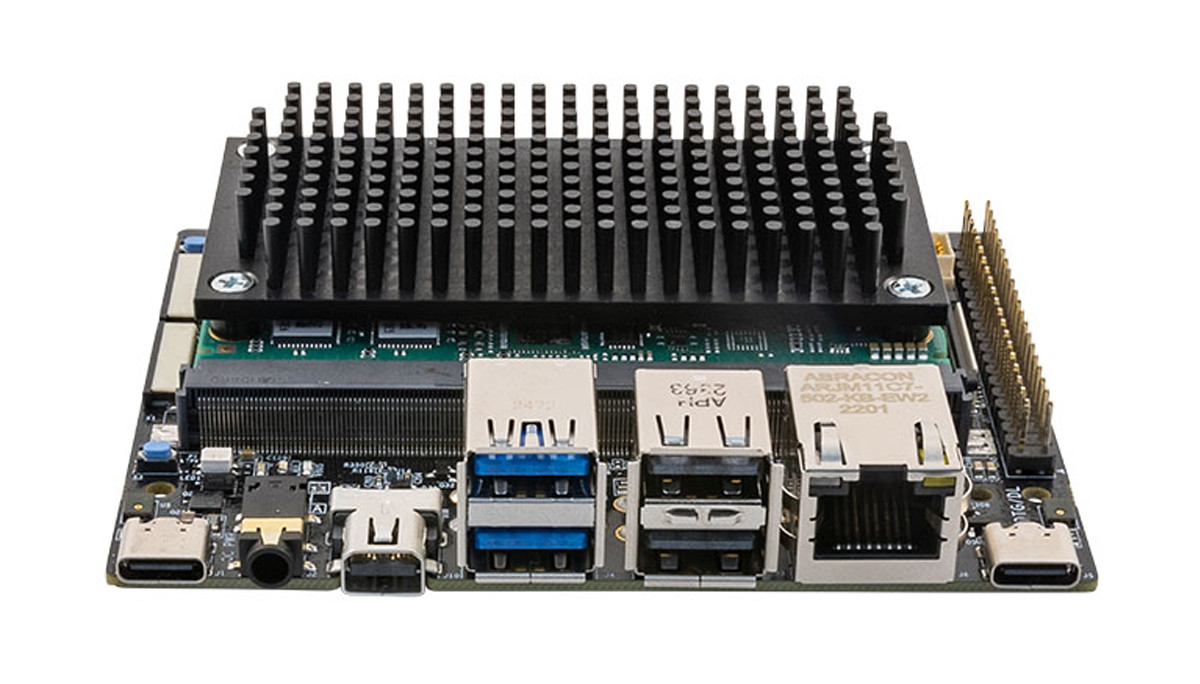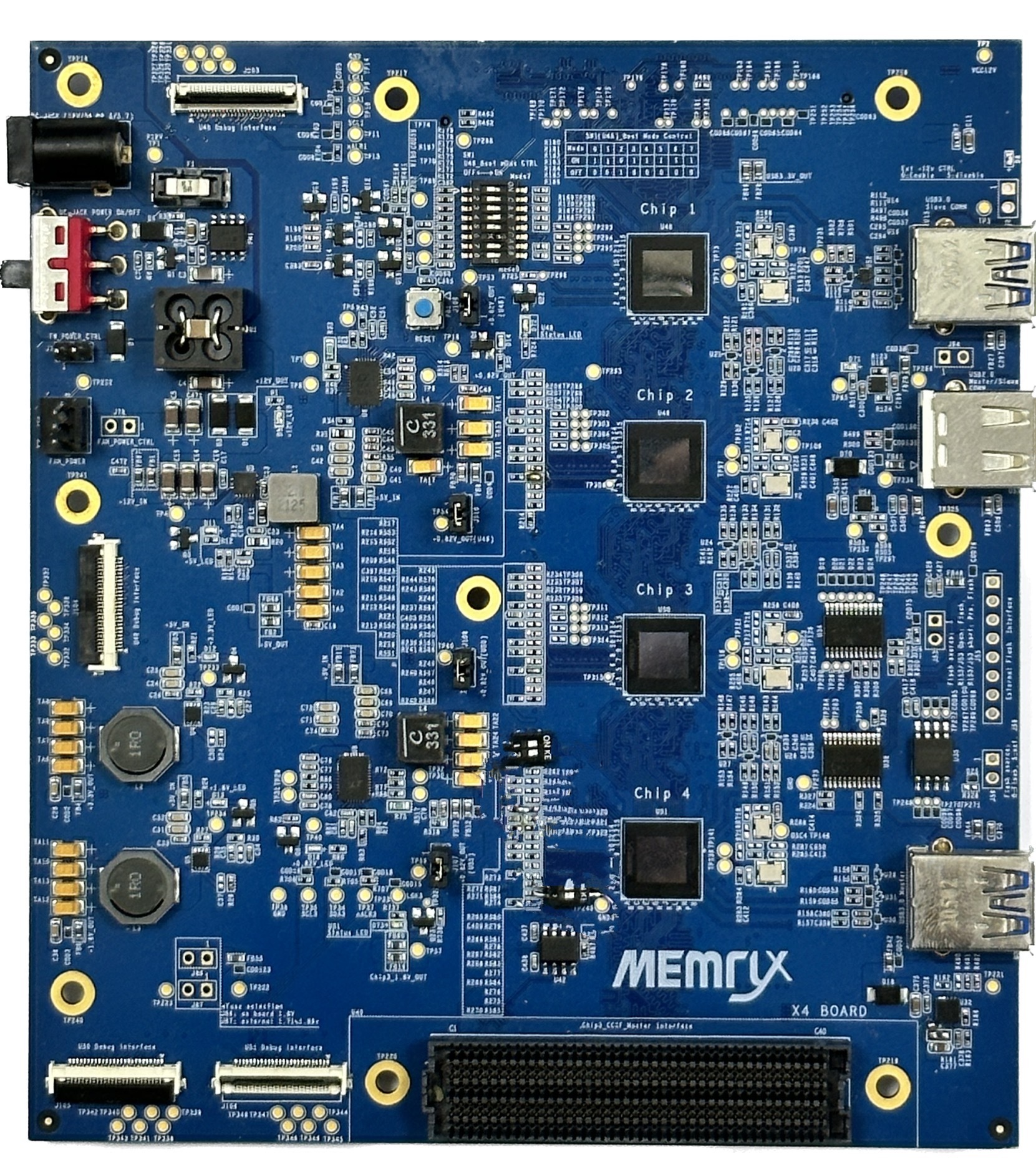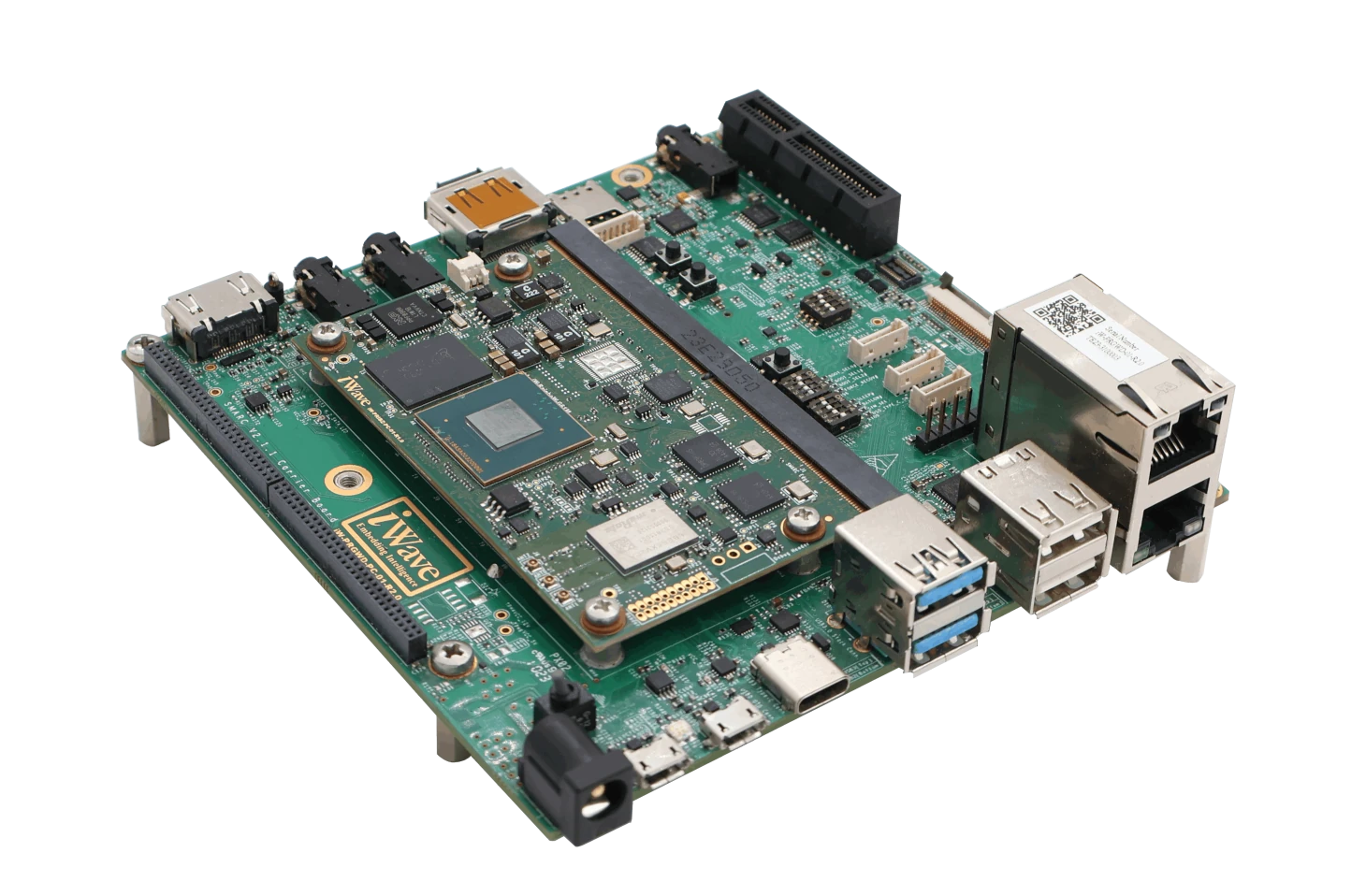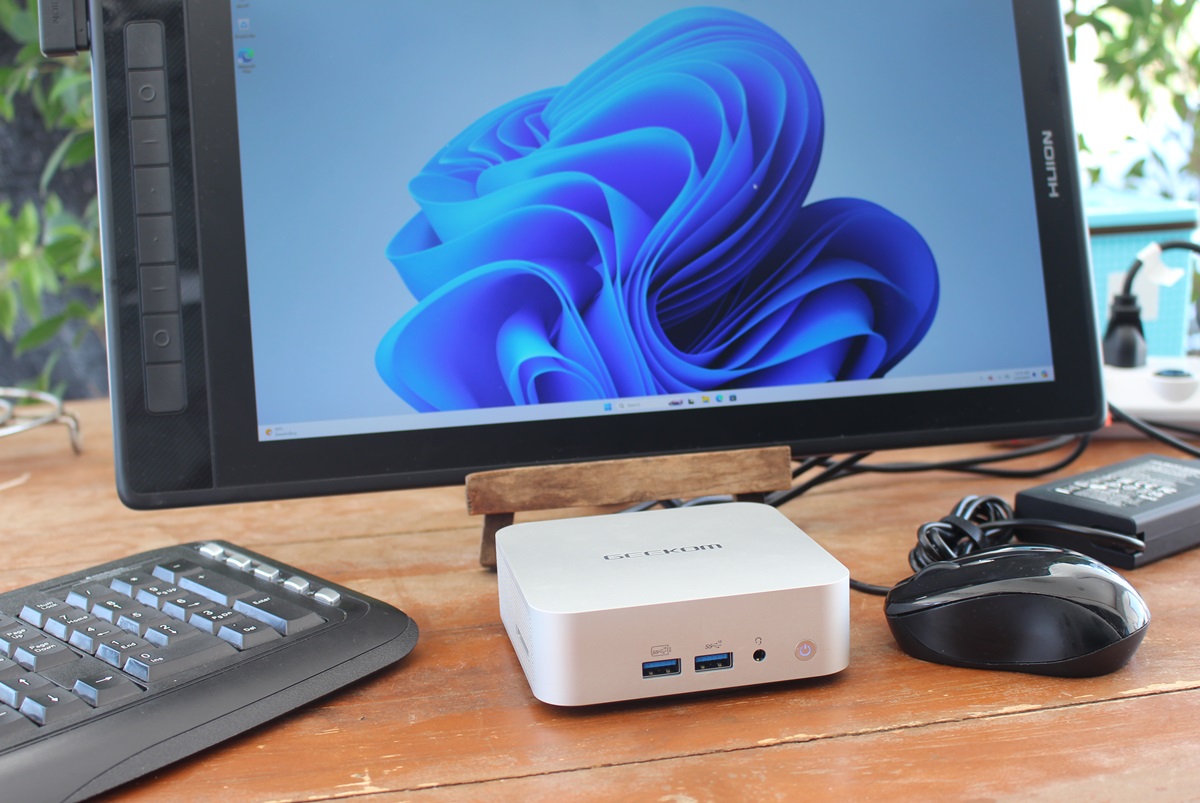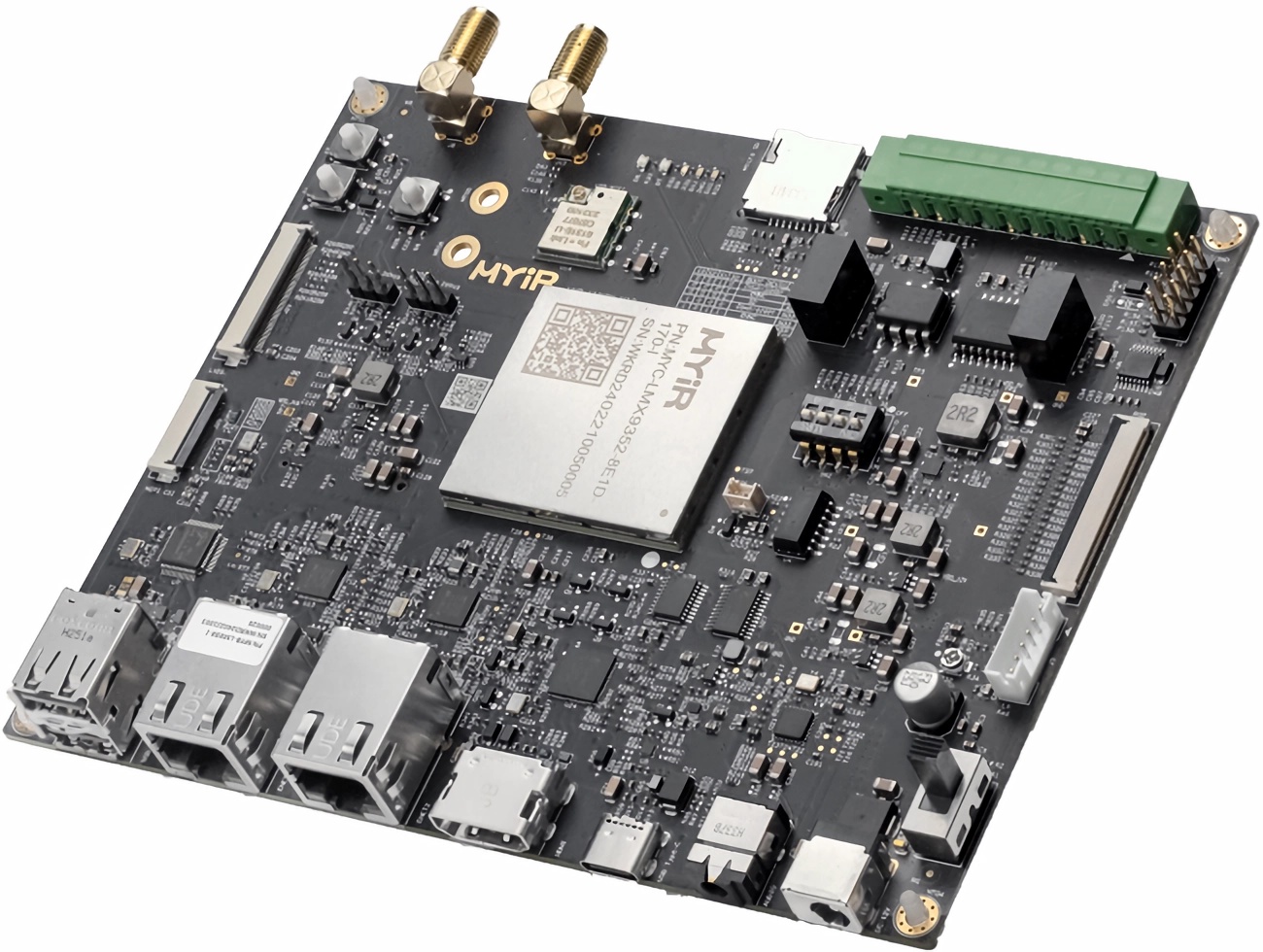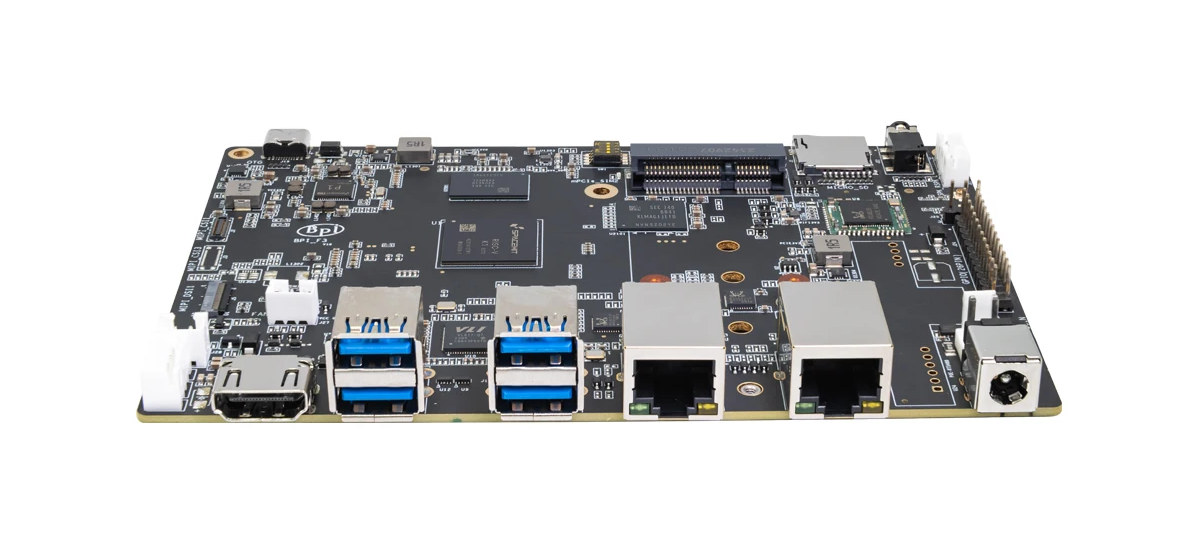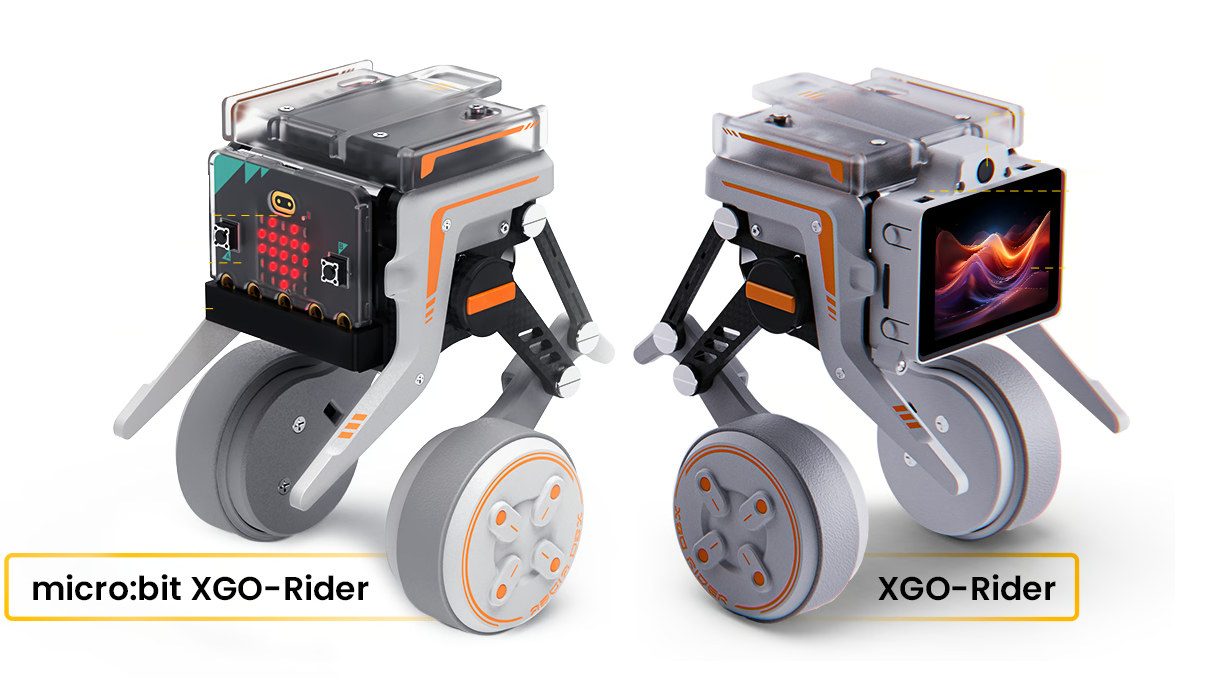Qualcomm Snapdragon Dev Kit for Windows is a mini PC-looking development platform based on the Snapdragon X Elite 12-core Arm processor with up to 75 AI TOPS of performance designed to help developers natively port apps to the Elite X SoC and develop new AI applications besides the Copilot+ AI PC features developed internally by Microsoft. Although it’s slightly bigger, the external design looks similar to the Windows Dev Kit 2023 with a Qualcomm Snapdragon 8cx Gen 3 compute platform, but internally, the new devkit features the much more powerful 4.3 GHz X Elite 12-core 64-bit Armv8 Oryon processor coupled with 32GB LPDDR5x RAM and 512GB NVMe SSD, and offering a range of ports and features such as USB4 and WiFi 7. Snapdragon Dev Kit for Windows (2024) specifications: SoC – Snapdragon X Elite (X1E-00-1DE) CPU – 12-core 64-bit Armv8 Oryon processor clocked at up to 3.8 GHz, or 4.3 […]
Avnet AI Vision Development Kit features Qualcomm QCS6490 SoC, dual camera, GbE, and USB-C PD
Just last month at Embedded World 2024, Qualcomm announced its RB3 Gen 2 Platform based on the QCS6490 processor with Cortex-A78 and A55 processing cores and 12 TOPS of AI power. Building on this, Avnet has recently launched the Avnet AI Vision Development Kit, also based on the QCS6490 SoC. The kit includes a dual camera setup, Gigabit Ethernet connectivity, USB-C Power Delivery, and a host of other features for applications like inventory and asset monitoring, drone/UAV/other mobile vision-AI edge compute applications, and multi-camera security systems with recognition. Previously we have written about similar AI dev kits including Allwinner V853 100ASK-V853-Pro, Sipeed Maix-III devkit, RZBoard V2L, and many other AI vision development boards feel free to check those out if you are interested in the topic. Avnet AI Vision Development Kit specifications SM2S-QCS6490 SMARC Compute Module: CPU – 4x Arm Cortex-A78 (up to 2.7 GHz), 4x Arm Cortex-A55 (up to […]
MemryX MX3 edge AI accelerator delivers up to 5 TOPS, is offered in die, package, and M.2 and mPCIe modules
Jean-Luc noted the MemryX MX3 edge AI accelerator module while covering the DeGirum ORCA M.2 and USB Edge AI accelerators last month, so today, we’ll have a look at this AI chip and corresponding modules that run computer vision neural networks using common frameworks such as TensorFlow, TensorFlow Lite, ONNX, PyTorch, and Keras. MemryX MX3 Specifications MemryX hasn’t disclosed much performance stats about this chip. All we know is it offers more than 5 TFLOPs. The listed specifications include: Bfloat16 activations Batch = 1 Weights: 4, 8, and 16-bit ~10M parameters stored on-die Host interfaces – PCIe Gen 3 I/O and/or USB 2.0/3.x Power consumption – ~1.0W 1-click compilation for the MX-SDK when mapping neural networks that have multiple layers Under the hood, the MX3 features MemryX Compute Engines (MCE) which are tightly coupled with at-memory computing. This design creates a native, proprietary dataflow architecture that utilizes up to 70% […]
NXP i.MX 95 SMARC 2.1 system-on-modules – ADLINK LEC-IMX95 and iWave iW-RainboW-G61M
Several companies have unveiled SMARC 2.1 compliant system-on-modules powered by the NXP i.MX 95 AI SoC, and today we’ll look at the ADLINK LEC-IMX95 and iWave Systems iW-RainboW-G61M and related development/evaluation kits. The NXP i.MX 95 SoC was first unveiled at CES 2023 with up to six Cortex-A55 application cores, a Cortex-M33 real-time core, and a low-power Cortex-M7 core, as well as an eIQ Neutron NPU for machine learning applications. Since then a few companies have unveiled evaluation kits and system-on-modules such as the Toradex Titan evaluation kit or the Variscite DART-MX95 SoM, but none of those were compliant with a SoM standard, but at least two SMARC 2.1 system-on-modules equipped with the NXP i.MX 95 processor have been introduced. ADLINK LEC-IMX95 Specifications: SoC – NXP i.MX 95 CPU Up to 6x Arm Cortex-A55 application cores clocked at 2.0 GHz with 32K I-cache and D-cache, 64KB L2 cache, and 512KB […]
GEEKOM A8 (AMD Ryzen 9 8945HS) AI mini PC review – Part 1: Specs, unboxing, teardown, and first boot
GEEKOM A8 is an AI mini PC based on the powerful AMD Ryzen 9 8945HS (or Ryzen 7 8845HS) AI processor with AMD Radeon 780M Graphics, up to 64GB DDR5 memory, up to 2TB M.2 NVMe SSD support for up to four display up to 8K resolution, and comes preloaded with Windows 11 Pro operating system. The mini PC is equipped with two HDMI 2.1 ports, two USB-C ports with DisplayPort Alt mode, 4x USB 3.2 Type-A ports, 2.5GbE, a WiFi 6E and Bluetooth 5.3 module, and a stereo headset jack. GEEKOM sent us a sample of the A8 Mini PC with an AMD Ryzen 9 8945HS 8-core/16-thread processor, 32GB DDR5, and a 2TB M.2 NVMe SSD with Windows 11 Pro for review this time. We’ll start by listing some specifications, doing an unboxing, going through a teardown, and booting Windows 11. In the second and third parts of the […]
New NXP i.MX 93-based system-on-modules launched by MYiR, Variscite, and Compulab
We have covered announcements about early NXP i.MX 93-based system-on-modules such as the ADLINK OSM-IMX93 and Ka-Ro Electronics’ QS93, as well as products integrating the higher-end NXP i.MX 95 processor such as the Toradex Titan Evaluation kit. Three additional NXP i.MX 93 SoMs from Variscite, Dart, and Compulab are now available. Targeted at industrial, IoT, and automotive applications, the NXP i.MX 93 features a 64-bit dual-core Arm Cortex-A55 application processor running at up to 1.7GHz and a Cortex-M33 co-processor running at up to 250MHz. It integrates an Arm Ethos-U65 microNPU, providing up to 0.5TOPS of computing power, and supports EdgeLock secure enclave, NXP’s hardware-based security subsystem. The heterogeneous multicore processing architecture allows the device to run Linux on the main core and a real-time operating system on the Cortex-M33 core. The processor is designed for cost-effective and energy-efficient machine learning applications. It supports LVDS, MIPI-DS, and parallel RGB display protocols […]
Banana Pi BPI-F3 SBC features SpacemIT K1 octa-core RISC-V AI SoC
Banana Pi BPI-F3 single board computer (SBC) is powered by the same SpacemiIT K1 octa-core 64-bit RISC-V SoC with 2TOP AI accelerator found in the upcoming Muse Book RISC-V laptop. The board comes with up to 4GB RAM and 16GB eMMC flash, supports NVMe or SATA storage via its M.2 socket, is equipped with HDMI and MIPI DSI display interfaces, two MPI CSI camera interfaces, two gigabit Ethernet ports, a WiFi 5 and Bluetooth 4.2 module, and can also take a PCIe module for 4G LTE cellular connectivity. Other features include four USB 3.0 Type-C ports, a microSD card slot, a 26-pin GPIO header, and optional support for PoE. Banana Pi BPI-F3 specifications: SoC – SpacemiT K1 CPU – 8-core X60 RISC-V processor with single-core performance equivalent to about 1.3x the performance of an Arm Cortex-A55 GPU – Imagination IMG BXE-2-32 with support for OpenCL 3.0, OpenGL ES3.2, Vulkan 1.2 […]
XGO-Rider is a 2-wheel self-balancing robot with an ESP32 controller plus either a Raspberry Pi CM4 or BBC Micro:bit (Crowdfunding)
XGO-Rider is a two-wheel self-balancing robot with an ESP32 controller for motor and servo control, USB-C charging, etc… and a choice between a Raspberry Pi CM4 module or a BBC Micro:bit board for display, audio, and camera (CM4-only). It’s not the first robot from Luwu Intelligence, since the company launched the XGO-Mini robot dog in 2021, followed by the XGO 2 Raspberry Pi CM4-powered desktop robotic dog with an arm which we reviewed last year. The new XGO-Rider builds on these earlier models but in a different form factor moving from four-legged robots to a 2-wheel self-balancing robot design with many of the same features including AI vision running on the Raspberry Pi CM4. XGO-Rider specifications: Host controller (one or the other) Raspberry Pi CM4 with 2GB RAM + ESP32 for main control, USB-C charging port, DIP switch BBC Micro:bit V2 + ESP32 for main control, USB-C charging port, DIP […]


